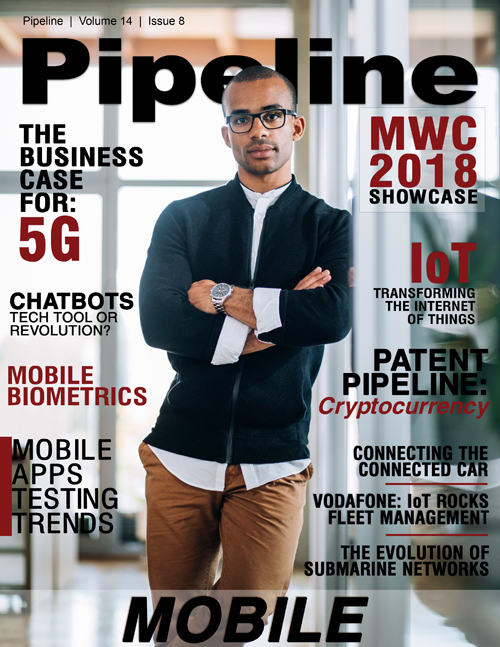The Business Case for 5G
By: Tim Young
.jpg)
5G is coming.
Verizon and Korea Telecom quietly ran live tests of their respective 5G technologies behind the scenes at Super Bowl LII earlier this month. Verizon CEO Lowell McAdam and KT CEO Chang-Gyu Hwang conducted a 5G video call on prototype Samsung tablets.
That was a precursor to the wider 5G trials that KT rolled out at the PyeongChang Olympics, in partnership with Intel, Samsung, and others.
Verizon and AT&T, meanwhile, plan to roll out 5G service to end users before this year is over. Verizon’s McAdam says that rollout will happen with or without standards, promising a small-scale pre-standards 5G network by the end of the year with standards adoption and network expansion coming later. Rounding out the major mobile players in the U.S. market, Sprint and T-Mobile look to launch 5G in 2019, with the latter promising nationwide mobile 5G by 2020.
Vodafone Ireland just promised 5G rollouts within 24 months. Orange announced that it will engage in trials in Lille and Douai by the middle of this year, even as it tries to decide exactly what flavor of 5G it will roll out.
The list goes on. And the hype train is raging down the track at full speed.
For example, a recent CNN story focusing on the 5G research Ericsson is doing in conjunction with King’s College London carried the headline, “How 5G could change everything from music to medicine.”
As a part of the World Economic Forum’s annual meeting, Qualcomm’s Don Rosenberg cited estimates by economists that 5G could have a global economic impact of $12 trillion (with a T) by 2035, and said that the technology “will be as revolutionary as electricity or the automobile, benefitting entire economies and entire societies.”
The Financial Times said earlier this month that “5G promises to be a game-changer for humanity.”
Folks. I get it. 5G has enormous potential. But how could anyone not say that these expectations are inflated?
“I’m cooking dinner tonight. I think it will be really good.” That’s healthy optimism.





















